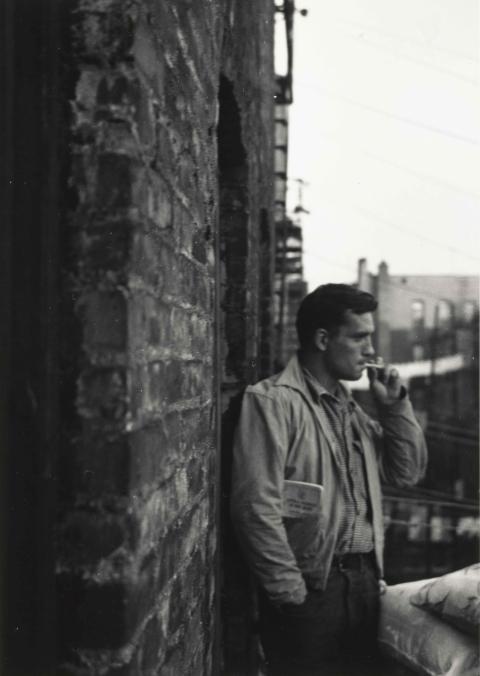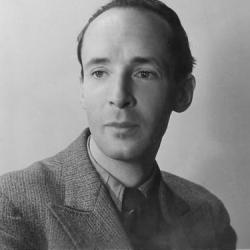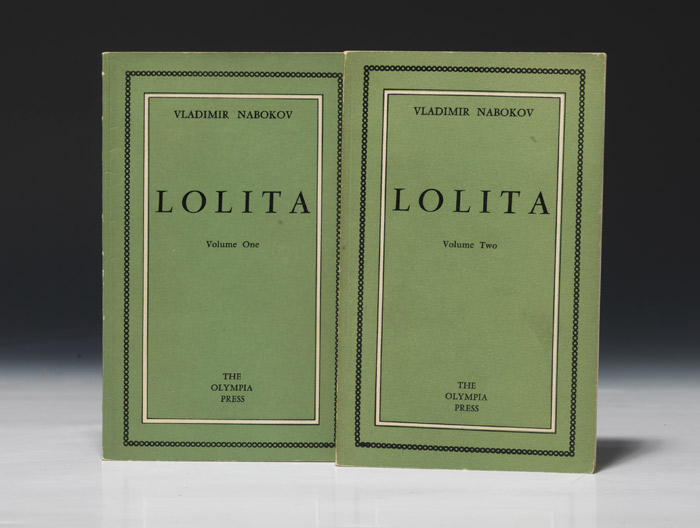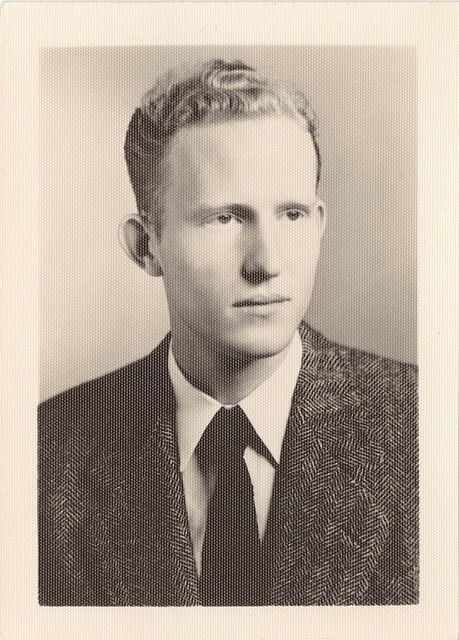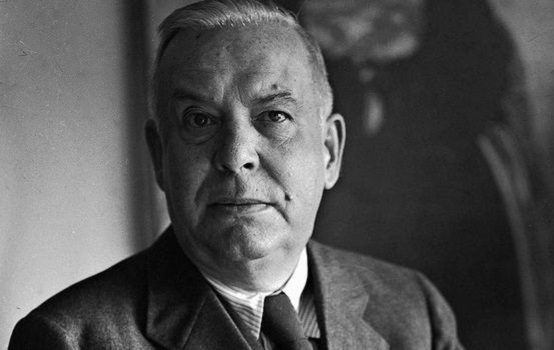
Shelley
When I was twenty the one true
free spirit I had heard of was Shelley,
Shelley who wrote tracts advocating
atheism, free love, the emancipation
atheism, free love, the emancipation
of women, and the abolition of wealth and class,
a lively version of Plato’s Symposium,
lyrics on the bliss and brevity
of romantic love, and complex
poems on love’s difficulties, Shelley
who, I learned later—perhaps
almost too late—remarried Harriet,
then pregnant with their second child,
and a few months later ran off with Mary,
already pregnant with their first, bringing
along Mary’s stepsister Claire,
who very likely also became his lover,
and in this malaise à trois, which Shelley
said would be a “paradise of exiles,”
they made their life, along with the spectres
of Harriet, who drowned herself in the Serpentine,
and of Mary’s half-sister Fanny, who, fixated
on Shelley, killed herself, and with the spirits
of adored but neglected children
conceived almost incidentally
in the pursuit of Eros—Harriet’s
Ianthe and Charles, denied to Shelley
and sent out to foster parents, Mary’s
Clara, dead at one, her Willmouse, dead at three,
Elena, the baby in Naples, almost surely
Shelley’s own, whom he “adopted” but then
left behind, dead at one and a half,
and Allegra, Claire’s daughter by Byron,
whom Byron packed off to the convent
at Bagnacavallo at four, dead at five—
and in those days, before I knew
any of this, I thought I followed Shelley,
who thought he was following radiant desire.


